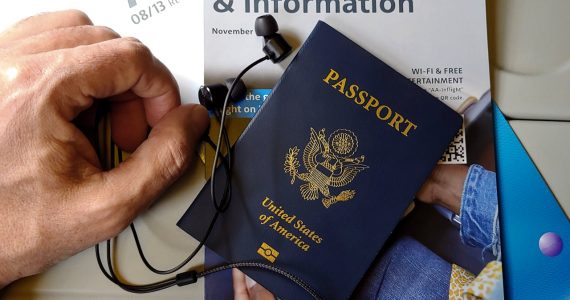Although the general perception is that an interview is a way for the employer to assess a prospective employee, we think it works both ways: an interview is an excellent opportunity for you to assess your prospective employer as well.
By observing some of the key factors which become apparent during any job interview, you can make a valuable assessment about whether a company is the right fit for you. After all, once you make a commitment to work for a company, it becomes very difficult to leave it immediately without such a move reflecting terribly on your resume.

The Signs You Should Look Out For
You may be tempted to trust your gut feeling about a prospective employer right after exiting a job interview but looks can be deceiving. While the office space may look rather posh, it’s entirely possible that the people you’d eventually have to work with make it impossible for you to perform.
That may not be the fault of the company, as it may simply not be the right fit for you while it may be the right fit for many other individuals. But there are certain clues which you can pick up during your job interview which will accurately inform you whether the company has enough resources to offer you a fruitful career.
The Technology In-Use
The very first interaction you would most likely have with the company is through the internet as you apply for a position. While smaller companies work on the email-the-resume method, medium and large-scale companies have well-designed career portals which offer both information about the company and a prescribed form for you to fill if you wish to apply for a position.

If the company you are applying to is easily medium or large scale yet wants you to send in your resume via email, then recognize the fact that the company is working on old human resource practices, which reflects that the policies established throughout the company may not be up-to-date either.
This should also highlight the reluctance by the company to invest in the latest technology and systems, which means that if you do end up working there, you should be prepared to work with old software that would most likely hamper your productivity.
Not having a formal system which efficiently utilizes technology could also point towards the tendency of the company to work on an ad-hoc basis, which means that you would probably find yourself waiting for days, if not weeks, for any information requests or a query.
Also, if you are applying for a position that is quite far from your current residence, such as in another city or country, then the best way for a company to interview you would be to either fly you in for a live interview or conduct one by using video conferencing technology. If a company refuses to interview you via video conferencing, this should again be an alarming indication of how the company is resistant to technological advancements.
The Response Time
While it’s okay for companies to take a few weeks after the deadline for a particular position’s application elapses, if a company takes a month or longer to call you for an interview for that position, then realize that the company is possibly rather slow when it comes to executing routine tasks, which would certainly hamper your performance at the workplace as well.
Even if you don’t receive an interview call, good companies would at least acknowledge receipt of your application and indicate how long you would likely have to wait before finding out whether you have been shortlisted. Ideally, you should hear back within a month of filing your application in case of rejection, and an interview call should come within two weeks.
The important factor here is the existence of a timeline and the intimation of the same to you, because that reveals that a company is organized. Such a company would offer you the most room for growth.




